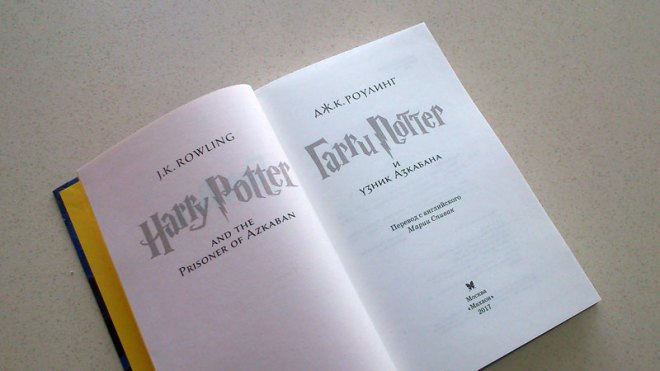There are three public-domain translations, two out-of-print translations, and six modern translations available.
- 1887 – Fredrick Whishaw
- 1913 – Constance Garnett
- 1915 – Eva Martin
- 1955 – David Magarshack
- 1965 – John W. Strahan
- 1980 – Henry Carlisle and Olga Andreyeva Carlisle (Signet)
- 1992 – Alan Myers (Oxford)
- 2002 – Richard Pevear and Larissa Volokhonsky (Vintage/Everyman)
- 2003 – Constance Garnett revised by Anna Brailovsky (Modern Library)
- 2004 – David McDuff (Penguin)
- 2010 – Ignat Avsey (Alma)
Since I’ve now investigated five different Russian Classics in total, the translators’ names are somewhat familiar…
- Garnett and Pevear and Volokhonsky translated all four of the others (War and Peace, Anna Karenina, Crime and Punishment, Brothers Karamazov).
- Magarshack did Anna Karenina, Crime and Punishment, and Brothers Karamazov, but not War and Peace.
- McDuff did Crime and Punishment and Brothers Karamazov.
- Avsey did Brothers Karamazov.
- Whishaw did Crime and Punishment.
Garnett’s translations, in their time, were groundbreaking; though some say they’re out of date, updated versions exist alongside the originals. Meanwhile, Pevear and Volokhonsky have taken the world by storm, leaving other recent translations standing in their shadow. Which one is really “best” depends on what you’re looking for, though.
For cover images, sample extracts for comparison, ISBNs, pagecounts, and links to relevant articles, visit We Love Translations: World Literature in English.
What’s the best translation of The Idiot?








